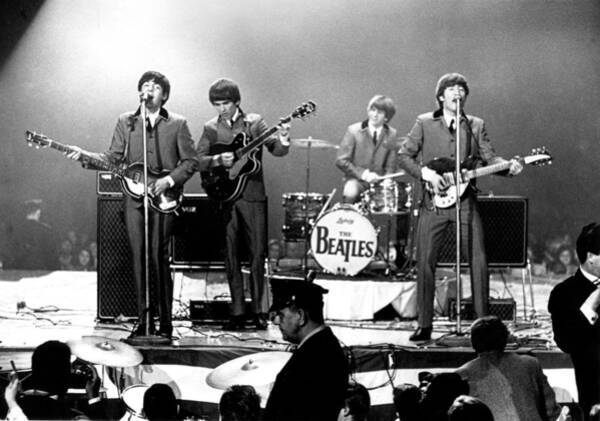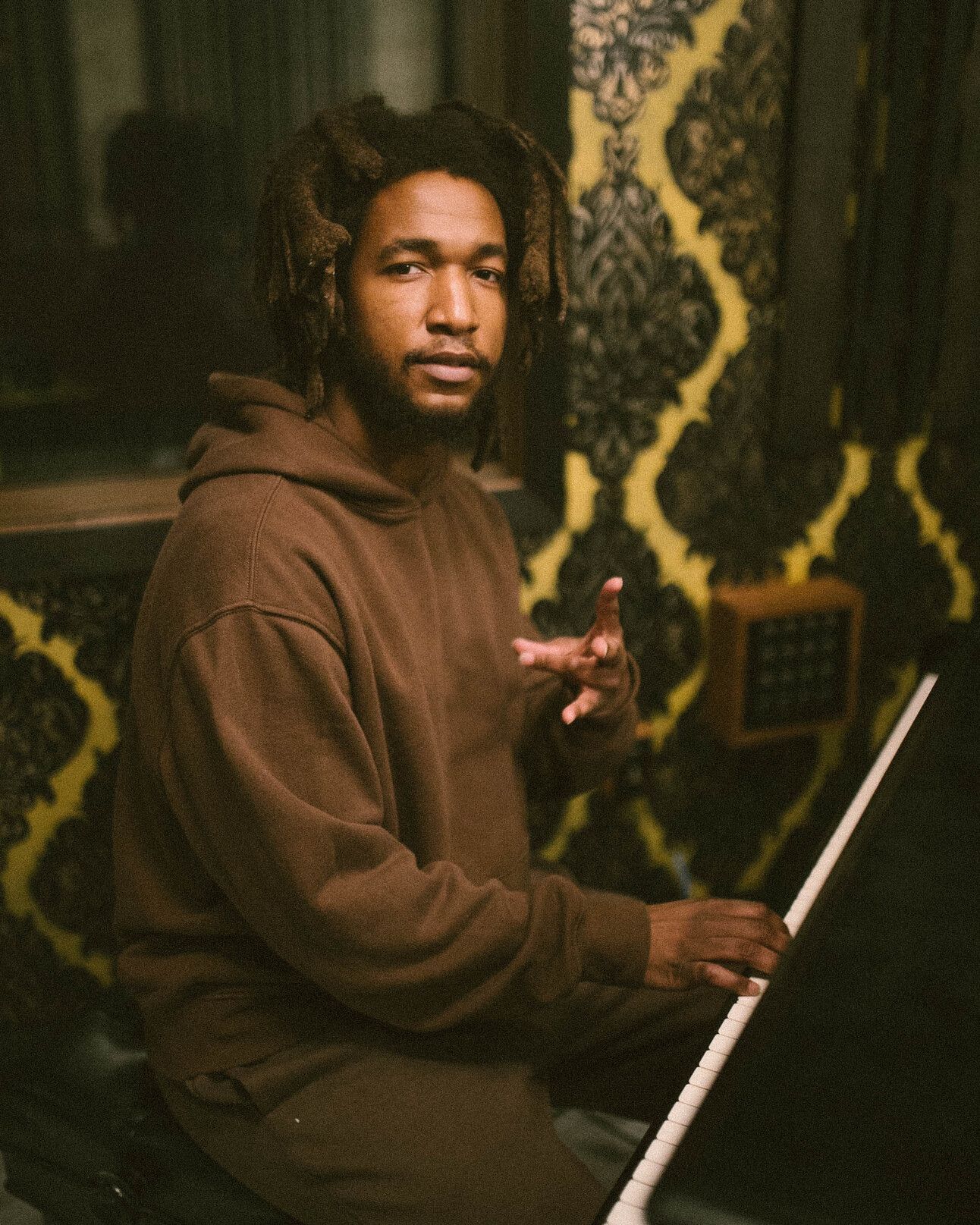Between the 1960s and early 2000s, the “glory days” of music production were warm and imperfect. Studio sessions were drenched in cigarette smoke and a creative chaos that could only exist when time and money were someone else’s problem.

Back then, labels bankrolled recording sessions where musicians lived, breathed, and broke new ground together. Experimentation was expected and encouraged. New sounds emerged from unlikely collaborations. Recording studios were creative sanctuaries. But let’s be real: those days weren’t perfect.
Record labels owned musicians’ process, product, and payoff. They made studios notoriously inaccessible and rigged the system so artists made the music, but somehow rarely got a fair share of the profits. Fast forward to today, the entire landscape is flipping.
The power to record, distribute, and monetize music is now in the hands of artists. The same tools that once cost hundreds of thousands now sit on your laptop’s DAW for a fraction of the price. Studio gatekeepers are mostly gone. The recording industry, as we knew it, dug its own grave. Now, power is back in the hands of music artists.

A Revolution for Musicians
With each new project, independent artists bring the music industry to new heights with the tools at their fingertips. Not only are they experimenting with sound in new ways, the “glory days,” or early days of recording music, also taught us that making music is a team sport.
You can track, mix, and release a full record from home, but working with others (like mastering engineers, session players, co-writers, etc.) elevates the whole studio experience.
Find out why 100K+ engineers read The Code twice a week
Staying behind on tech trends can be a career killer.
But let’s face it, no one has hours to spare every week trying to stay updated.
That’s why over 100,000 engineers at companies like Google, Meta, and Apple read The Code twice a week.
Here’s why it works:
No fluff, just signal – Learn the most important tech news delivered in just two short emails.
Supercharge your skills – Get access to top research papers and resources that give you an edge in the industry.
See the future first – Discover what’s next before it hits the mainstream, so you can lead, not follow.
One artist, for example, said they did everything themselves except mastering, and when they finally heard their song polished and radio-ready, it brought them to tears. Collaboration can bring the song in your head to life, just how you imagined it or better. Even collaborating with one more creator can be game-changing.
Independent labels and DIY are a revolution for musicians. Technology has broken barriers that once kept countless great songs from being made. Now, you can capture the perfect vocal take at 2 a.m. in someone’s living room, without a label exec telling you how or what to record.

Better Than the Glory Days
The days of needing a record deal just to afford to record are long gone. Now, artists can make, distribute and market their own music. That’s not to say it’s easy, but it’s possible and it’s done every day.
Now is better than the “glory days.” We’ve transcended the traditional process of music making and entered a new era for the industry. The magic that once only happened in massive studios is now happening in bedrooms, basements, and backrooms around the world. And commercial recording studios are more accessible for indie artists than they’ve ever been. This is a new era of recording. StudioBook welcomes you to it.


